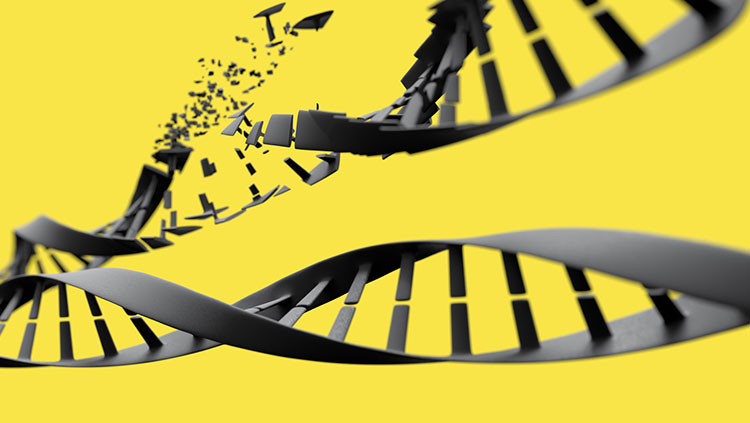Genes & Molecules
Gene therapies add or alter a person’s missing or mutated genes with a corrected version to prevent, treat, or cure a disease or disorder.
Some pages on this website provide links that require Adobe Reader to view.
Copyright © Society for Neuroscience

